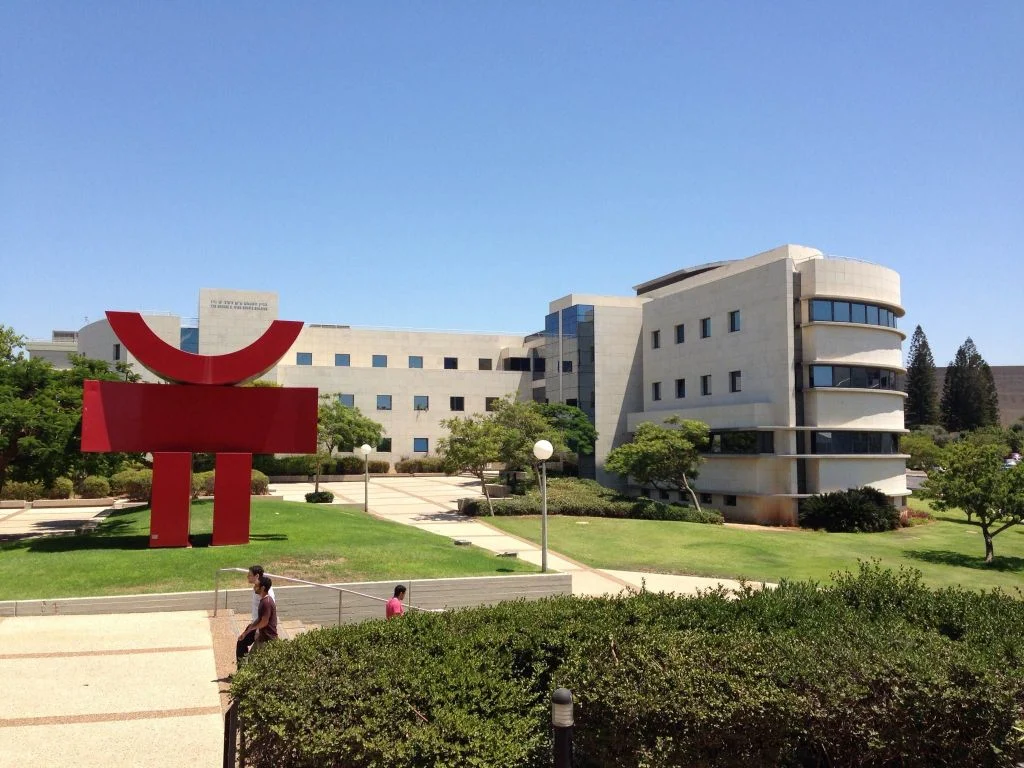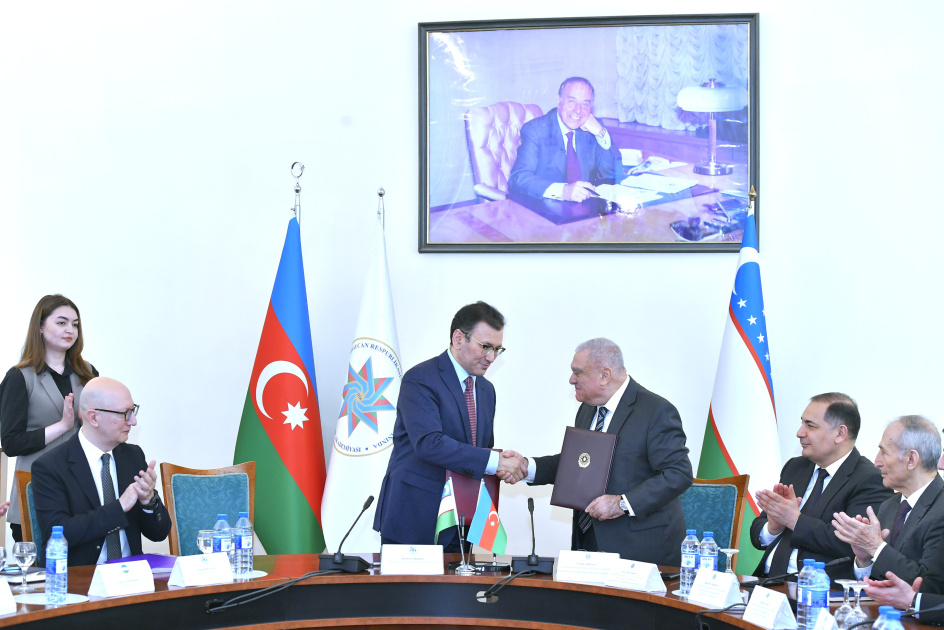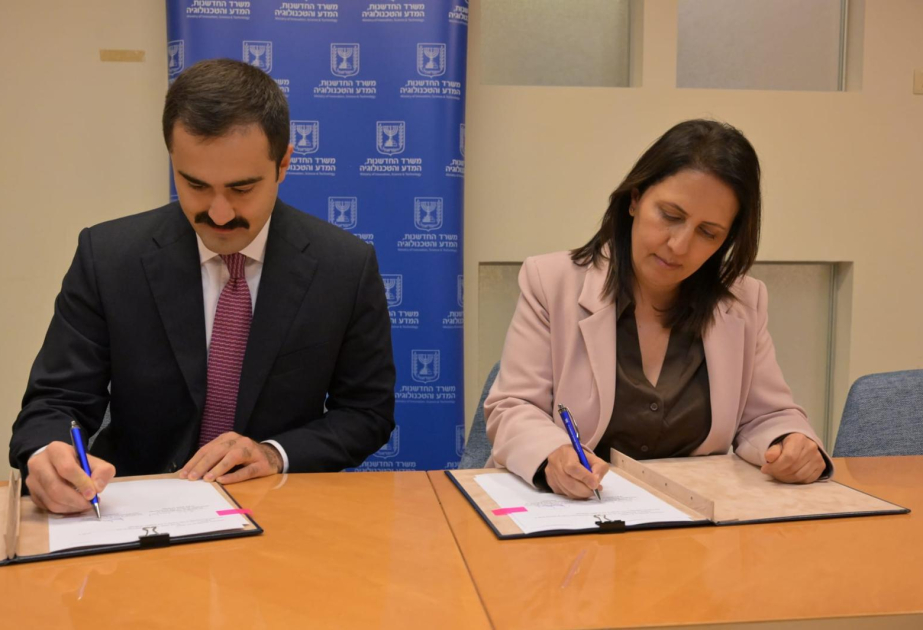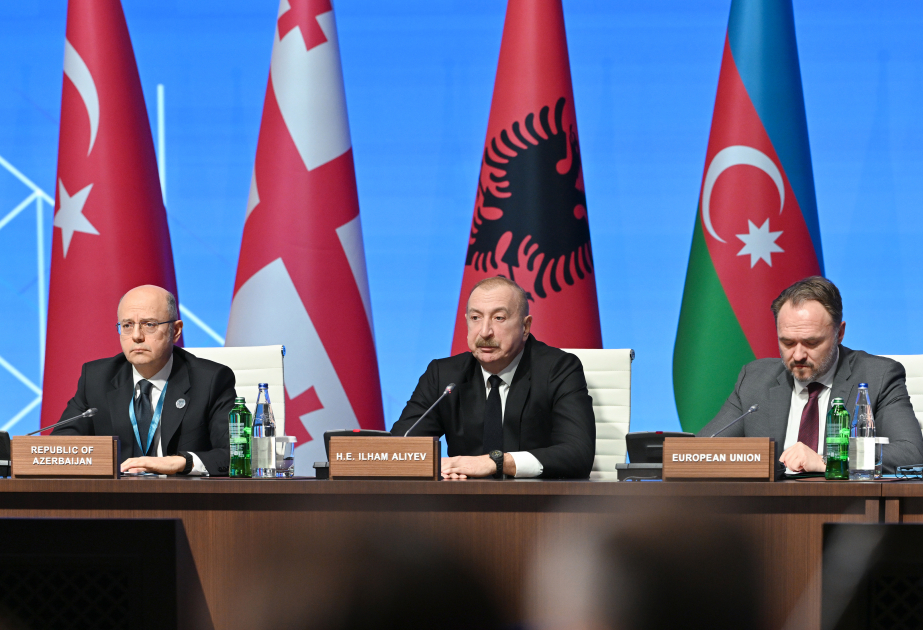A groundbreaking study has identified a unique subset of immune cells that actively maintain a healthy, age-appropriate immune system, offering new ways to track and support healthy aging, according to the Press Service of Israel (TPS-IL).
The research, led by Prof. Alon Monsongo of Ben-Gurion University of the Negev, suggests that these cells could serve as a biomarker of biological age, allowing doctors to detect accelerated aging long before age-related diseases appear. They also point to the possibility of therapies designed to boost or preserve these protective T cells, potentially slowing tissue deterioration, reducing chronic inflammation, and lowering the risk of age-related illnesses such as dementia, heart disease, and cancer.
Published in the peer-reviewed Nature Aging, the study focused on a subset of CD4 T cells—white blood cells that regulate immune function.
While these cells are known to change with age, their precise role in aging remained unclear. The research demonstrated that this subset accumulates with age and actively protects the body by clearing damaged and senescent cells, rather than merely reflecting age-related immune decline. Senescent cells are aged or damaged cells that have stopped dividing but remain metabolically active, often releasing inflammatory signals that can harm surrounding tissues if not cleared.
“Traditionally, it was assumed that reversing aging would require resetting the immune system to resemble that of a young adult,” Monsongo said. “Our study shows this is not the case. What people need is an immune system that functions properly for their age. These cells are not just markers—they are active guardians of healthy aging.”
Aging is associated with the gradual deterioration of tissue function, largely due to the buildup of senescent cells, stem cell exhaustion, and declining immunity. Senescent cells can drive inflammation and tissue damage if not regulated. The newly identified T cells help maintain balance in the immune system by clearing these aging cells, highlighting a previously unknown protective mechanism.
Experiments with laboratory mice revealed that removing these cells accelerated aging and shortened lifespan, directly linking this subset to healthy aging. “It turns out these cells are essential for keeping the system clean,” Prof. Monsongo explained. “Without them, aging progresses faster and lifespan is reduced.”
The discovery of this unique subset of CD4 T cells could have significant practical applications for healthy aging.
These cells may serve as a biomarker of biological age, helping doctors detect accelerated aging long before age-related diseases appear. Therapies could be developed to boost or preserve these protective T cells, slowing tissue deterioration and chronic inflammation. Additionally, because the cells help clear senescent cells, understanding their function could lead to treatments that enhance the body’s natural ability to remove harmful aging cells, offering a new approach to prevent or mitigate age-related illnesses.
The study builds on earlier research by Monsongo and Prof. Esti Yager-Lotem, which showed that changes in T cell function could serve as indicators of biological age—a measure that may diverge significantly from chronological age. A Japanese study of people over 100 years old also observed accumulation of these T cells, suggesting a link between their presence and longevity.
Recognizing the gap between biological and chronological age, the research team is tracking T cell function across the human lifespan. “Since biological and chronological ages can differ by decades, our goal is to assess aging early,” Monsongo said. “Early interventions could improve quality of life and significantly reduce age-related diseases.”
To translate these findings into medical applications, the team is monitoring T cells in men and women from age 20 onward, including stages of cognitive decline. The research is a collaboration with Prof. Yager-Lotem’s group at Ben-Gurion University and Prof. Nir Yosef at the Weizmann Institute.
“This discovery changes how we think about healthy aging,” Monsongo said. “Rather than trying to make the immune system ‘young’ again, we can focus on supporting age-appropriate functions. Understanding these protective T cells may transform how we approach aging, longevity, and age-related diseases in the future.”
















